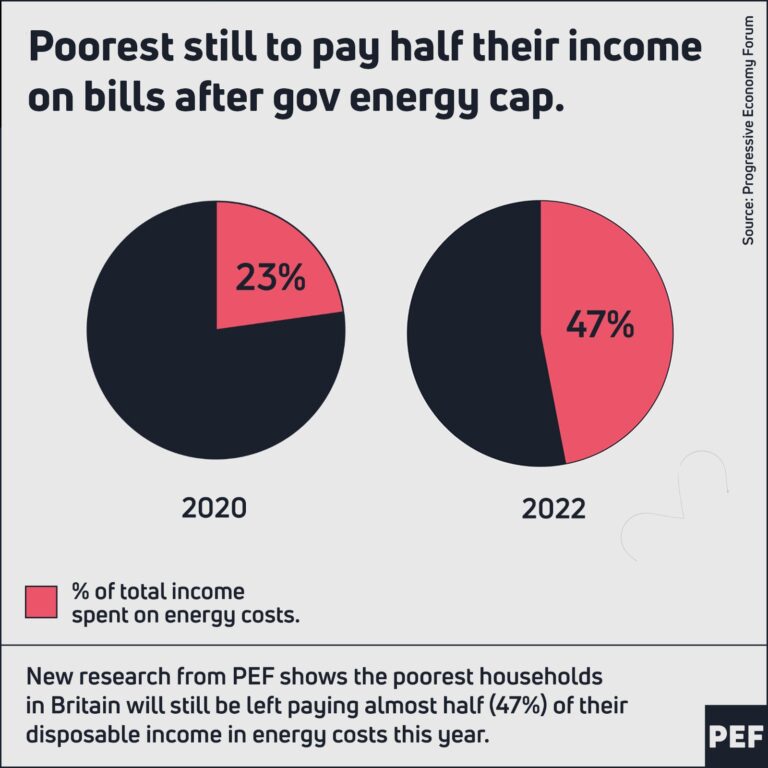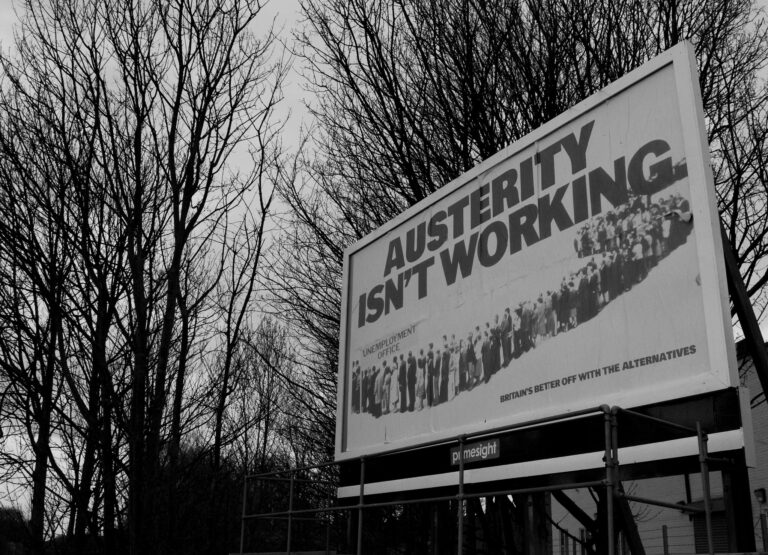The Conservative government looks set to announce that it will be introducing a rise in National Insurance Contributions of up to 1.25 percent on Tuesday this week. The intention is to raise around £10bn to attempt to staunch the crisis in social care – a crisis, it should be added, of the government’s own making, with the Tories smashing up all-party talks on fair funding way back in early 2010, ahead of the May general election that year. The Dilnot Commission, meanwhile, made recommendations for reform as far back as 2011, including a cap on individual care cost contributions. The Tories have been in power for the entire time, and failed, during that entire time, to either provide adequate funding for social care – with a £4bn or more shortfall by 2025 to simply meet existing needs – and leaving 1.5m people without adequate care provision.
I’ve written elsewhere on what a poor way the National Insurance Contribution (NICs) rise would be to fund the contribution cap, amounting to a perverse redistribution from mainly younger and poorer workers to at least some better off elderly. Almost any tax alternative currently on the table – from increasing income taxes, with its broader base, to Capital Gains Tax increases, to introducing a proper, progressive wealth tax – would be fairer and preferable.
That the NICs rise currently polls ahead of other options is a tribute to the framing of NICs (and the polling question asked!) more than anything else: it isn’t called a tax, and there’s still a firmly held belief that NICs payments go into a grand national pot that people can draw from later. This was the original intention of the system, dating back to the 1944 Beveridge Report and beyond, in which “national insurance” would act as a genuine, contributory insurance system, providing for those who had paid in during times of need. It has never really functioned like that: the Treasury, as its wont, has always treated NICs payments as just another flow of tax payments (with some slight complications).
But the seeming popularity of NICs rises is likely to prove fragile if the case against them is made, and – crucially – if the case for an alternative is clearly presented. Labour have now indicated that they will oppose the hike, but to clinch the argument they will need to present an alternative. Otherwise, it really will look like the party is just moaning about the world: you can’t look like an alternative government if you don’t have alternative policies. And if they can bite the bullet on wealth taxes for social care – in whatever form here – it can force open the argument about wealth and taxation more generally: a must if the party is to go into the next election with something approaching a serious, long-term programme to solve Britain’s chronic economic problems. And wealth taxes, as the polling evidence keeps showing us, are popular. (Unsurprisingly: by definition, almost none of us are in the top 1%…)
Party Conference
Labour Party Conference, returning to Brighton at the end of the month after a two-year covid-induced pause, will be the biggest opportunity the party and its new leadership has had to date to present its case. You don’t often get a free hit at the following day’s front page headlines as the Opposition, but that’s what Conference can offer, Keir Starmer has offered some rather broad hints about his own speech, and of course it’s the leader’s closing address that gets the bulk of the media attention. But Shadow Chancellor Rachel Reeves’ own speech is going to be worth keeping an eye on. She has already marked out a few key commitments, including a strikingly anti-neoliberal Mariana Mazzucato-style policy to support domestic supply chains and jobs. This was particularly noteworthy: the first time that I can recall Labour offering a genuinely post-Brexit policy under Starmer’s leadership. Now that we have left the EU, there is a seam there to be mined – with a bit of policy imagination.
But the challenge for Reeves and her team in three weeks’ time will be to not only throw in some headline-grabbing policy announcements – essential for the front pages – but to start to create a convincing story about what sort of economy the next Labour government wants to shape. Credibility doesn’t come from parroting the economically illiterate nonsense that clutters Westminster political reporting; it’ll come from having a clear, simple story that potentially millions of people can grasp and understand. The Tories’ NICs hike has given Labour a free gift, the chance to show they are the party that will look after your pay packet. Tax the wealthy, not the workers has a certain ring to it.








